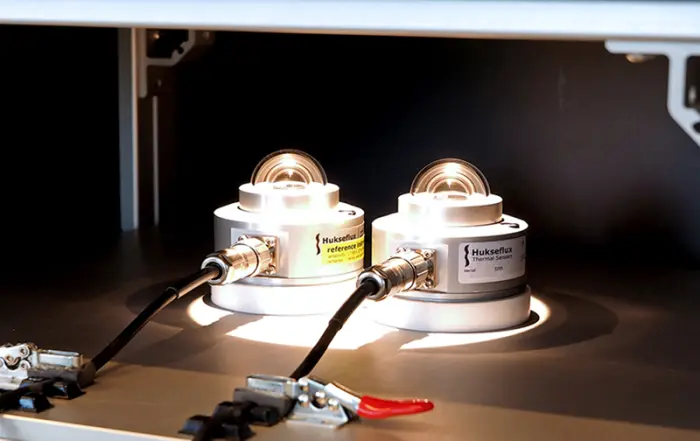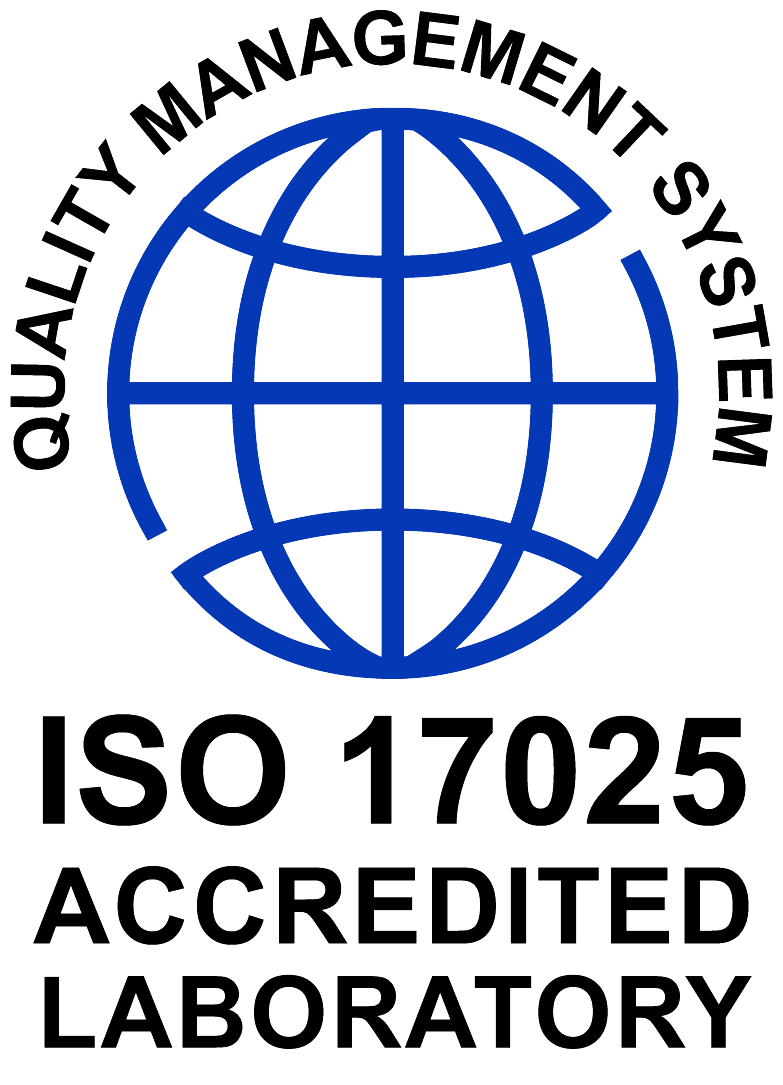What is ISO/IEC 17025 Calibration?
ISO/IEC 17025 calibration is an international standard that outlines the general requirements for the competence of calibration and testing laboratories. This standard sets the criteria for the technical competence of these laboratories and provides a framework for quality management systems to ensure consistent and accurate results.
Why is ISO/IEC 17025 Calibration Important?
ISO/IEC 17025 calibration is important because it ensures that the instruments and equipment used in a laboratory are accurate and reliable. This standard helps laboratories to maintain high levels of technical competence and ensure that their results are consistent and reliable. In addition, ISO/IEC 17025 calibration provides a framework for quality management systems, which helps to ensure that the laboratory is following best practices for calibration and testing.
The Benefits of ISO/IEC 17025 Calibration
There are many benefits to using ISO/IEC 17025 calibration in a laboratory, including:
- Improved accuracy and reliability of test results
- Consistent and comparable results across different laboratories
- Increased confidence in test results
- Better management of laboratory operations
- Increased customer satisfaction
The Requirements of ISO/IEC 17025 Calibration
ISO/IEC 17025 calibration requires laboratories to meet specific criteria in order to be considered competent. These criteria include:
- Technical competence of laboratory personnel
- Adequate laboratory facilities and equipment
- Quality management systems to ensure consistent and accurate results
- Proper documentation of laboratory procedures and results
- Ongoing training and development of laboratory personnel
The Process of ISO/IEC 17025 Calibration
The process of ISO/IEC 17025 calibration begins with the development of a quality management system that outlines the laboratory’s processes and procedures. This system is then reviewed and audited by an accredited third-party organization, which determines whether the laboratory meets the criteria for ISO/IEC 17025 calibration.
Once the laboratory has been accredited, it must continue to maintain its technical competence and follow the quality management system to ensure consistent and accurate results. This may involve ongoing training and development for laboratory personnel, regular equipment maintenance and calibration, and ongoing quality control measures.



